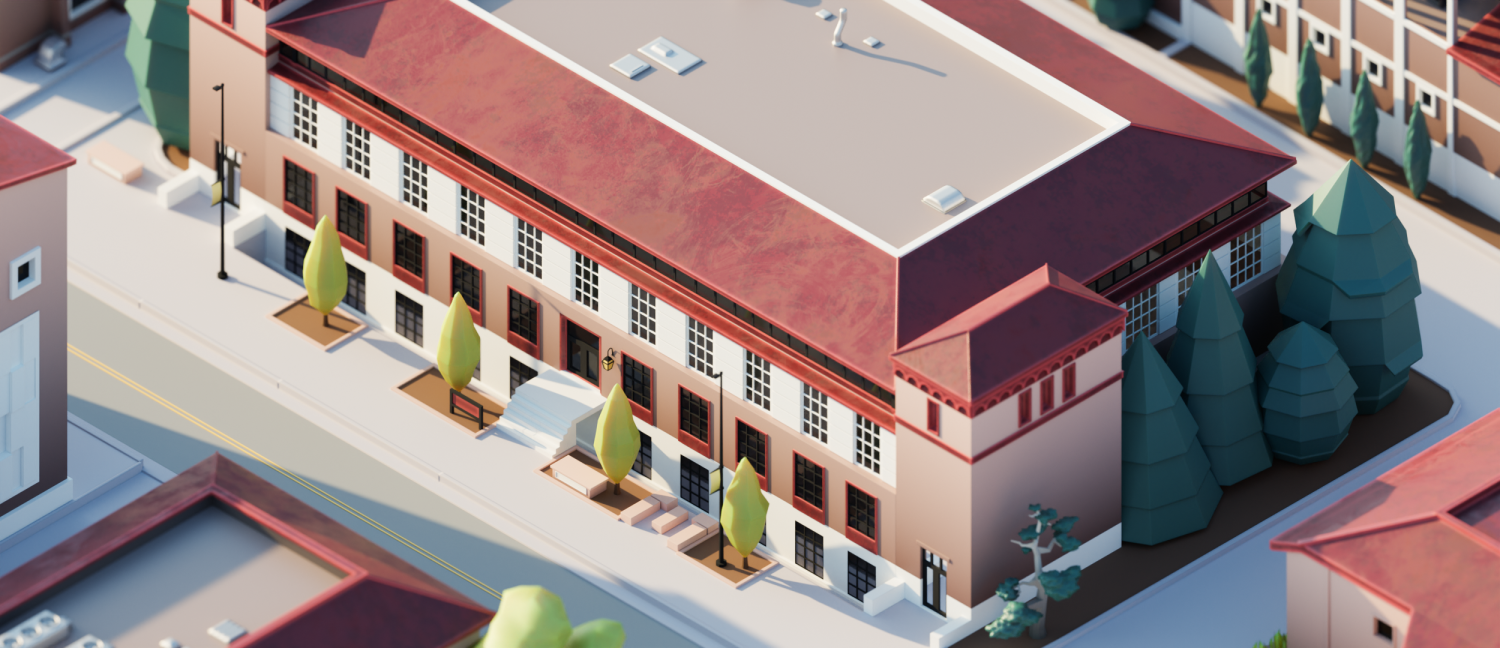Key Dates & Info

AY 2025-2026
First Day of Classes
Aug. 21
fall semester begins
Jan. 8
spring semester begins
Midsemester Reading Day
Oct. 9 (fall)
Feb. 26 (spring)
ENVD Break
8-week studio transition
Oct. 10 (fall)
Feb. 27 (spring)
Campus Breaks
Nov. 24-28 (fall break)
campus closed Nov. 27-28
Mar. 16-20 (spring break)
campus closed Mar. 20
Last Day of Classes
Dec. 5
last day of fall classes
April 24
last day of spring classes
Reading Day & Final Exams
Dec. 6-7 (fall)
April 25-26 (spring)
reading days
Dec. 8-12 (fall)
April 27 - May 1 (spring)
final exams
University Commencement
Friday, Dec. 12, 2025
winter degree conferral
Saturday, May 2, 2026
spring commencement
ENVD Recognition
TBD
No tickets or registration required


